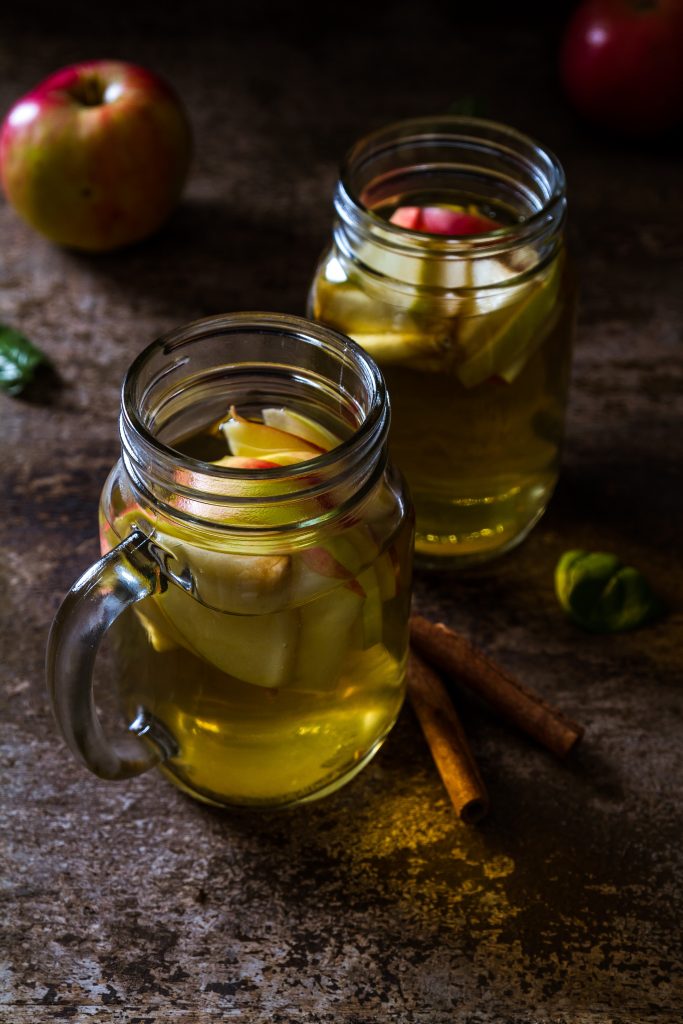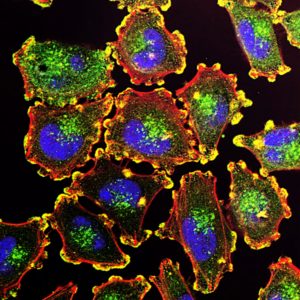Fructose and Asthma: Is There a Link?

Asthma is a fairly common health problem in this country. As of 2018, estimates show around 7.7% of the population has asthma (CDC 2020). The prevalence of asthma has been increasing over time, with only 3% of the population reporting asthma in 1970 (Loftus 2015). Asthma causes significant problems and challenges for those affected. It’s worth asking what factors might be contributing to its increase.
Asthma and Sugar
One factor that may surprise you is fructose. Fructose is a common sugar found most often in fruit and high fructose corn syrup. The highest levels in our diet are found in products containing high fructose corn syrup and fruit juice, even 100% pure juice.
Evidence is building that exposure to fructose is a contributing factor to developing asthma, and decreasing fructose may help treat the condition. Studies in pregnant women and children demonstrate exposure to fructose during pregnancy and childhood increases risks. Pregnant mothers with the highest consumption of fructose increased asthma risk by a factor of 1.58. Children with the highest intake of fructose increased risk of asthma by 1.79 (Wright 2018).
In a study from Europe, children that drank more than 10 glasses of 100% fruit juice a week more than doubled their risk of asthma as compared to children that had less than four. Sugar sweetened drinks also increased risks in children. Consuming more than 21.5 glasses a week of sweetened beverages increased asthma by a factor of 1.56 (Berentzen 2015).
How Fructose Contributes to Asthma
Fructose is a sugar that is more challenging for our bodies to process. It often stays undigested in the gastrointestinal tract and gets consumed by bacteria which can cause bloating, gas and diarrhea in sensitive individuals (Ebert 2016). It’s hypothesized that fructose can be transformed into inflammatory compounds that activate asthma (DeChristopher 2018). The research concluded that even moderate consumption of high fructose sweetened soft drinks and fruit juice has risks. Consuming just 2-4 servings of apple juice a week increased asthma rates by 61%.
Decreasing Fructose

For years I’ve been telling my patients that fruit juice is not healthy. The data linking fruit juice and asthma is just another indication that drinking sugary beverages causes health problems. Fruit juice has a shocking amount of naturally occurring sugar. One cup of apple cider contains 30 grams or two tablespoons of sugar! For comparison, one cup of Coke has 26 grams of sugar. Apple cider has more sugar ounce per ounce than Coca-Cola.
One of the first recommendations I make for improving someone’s diet is to remove sugar containing beverages. It’s a simple strategy that can go a long way in eliminating excess calories and improving health. I also recommend against switching to artificially sweetened beverages, although that’s a topic for a future blog article.
Conclusion
Some of the latest research is starting to indicate that fructose containing beverages contribute significantly to the development of asthma. Considering the lifelong consequences and risks of asthma, reducing its prevalence by drinking less fructose and other sugar-containing beverages is likely a wise choice.



